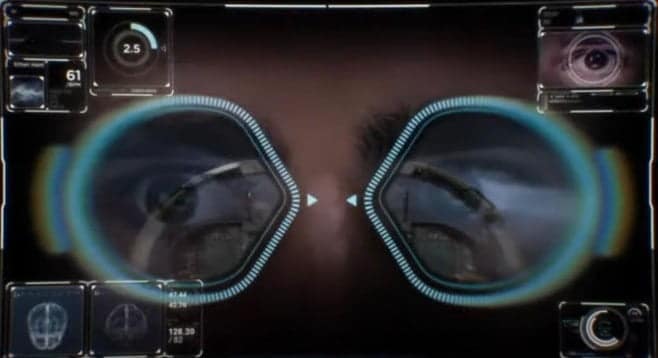The advantage of video conferencing does not have to leave home, especially during this COVID-19 pandemic. If you have somebody carrying the virus into your home, if you can cut back on going to the workplace or schools and stay away from flights and public transport, the chances of contracting the virus dropping.
But you still don’t have the same feeling of being there with the best tools and are still disadvantaged against those who take the chance to go to the meeting or event location.
Virtual reality (VR) promised to only place your headset in a simulation, along with all the others, and meet in a virtual environment you can control. Now HP has taken a tremendous step to lead us into a future where we can live in a virtual world rather than a physical one.
We are moving to create virtual worlds at an incredible pace, but we’ve skipped some crucial elements. This involves the instrumentation of the mouth and eyes so that the lips on virtual avatars shift realistically with the words and are more expressive with gestures. I don’t care how photo-realistic an avatar is; it looks weird if its face never moves.
We will need to function in a simulated world, switch from controls to haptic gloves, and finally, haptic suites or emersion pods. The first step is to get the headset right — to capture and translate the necessary information into the virtual world.
HP Omnicept
HP revealed the HP Omnicept last week, which is a solution that starts with a special headset. Omnicept offers the essential elements necessary to construct a virtual meeting room and lays the groundwork for developing a virtual environment where many of us will potentially spend most of our time.
To add some crucial features — beginning with the headset, HP has updated its new second-generation reverb headset, the G2.
The Reverb G2 begins with high-resolution displays (2160 x 2160) for each eye, a Valve-designed audio clarity mic, four 90 percent coverage built-in tracking cameras to instrument your arms through a wide range of motion. It is one of the segment’s more convenient head straps (so you can use it for a long time).
Eye-tracking is applied to the Omnicept version, which decreases device load by foveated rendering. It could translate event expressions and heart rate to report the levels of health and stress of the user and mouth and facial expressions of the vital face camera instruments.
A flexibly licensed SDK and an increasing number of partners are turning this into a solution. Nvidia and its exceptional Omniverse Machinima effort are collaborators that allow users to create a virtual environment utilizing game tools and animate avatars with resources such as this effort from Omnicept.
These technologies could create virtual meeting rooms where users can identify other users with fingerprint markers with a headset like the HP Reverb Omnicept and log everyone into the virtual meeting room. That meeting room may be in the past, space, or an imaginary world for diversity. The user-controlled avatars could be rendered to be period-correct or created from an enhanced user image.
You might shake virtual hands in that room, have side conversations (managed by the AI of the room), convert any virtual wall into a presentation area, or even work with 3D objects, and probably document the event in virtual space so that future viewers could experience the VR meeting.
Bottom Line
Coupled with Nvidia’s Omniverse and other related resources, HP Omnicept will bring us a lot closer to our potential virtual workplace.
We do need to get rid of the game controllers, as noted above, and go to a glove that enables us to use our hands more naturally. han we need to be able to create these virtual worlds.
We need this capacity as soon as we can get it, considering the pandemic, which will maintain several activities we now think of as transitory to be permanent. HP has just taken us a giant step closer. There’s always much work to do, but with Omnicept, we can start seeing the light at the end of a long path right now.
Check out: Assisted Reality VS Virtual Reality

